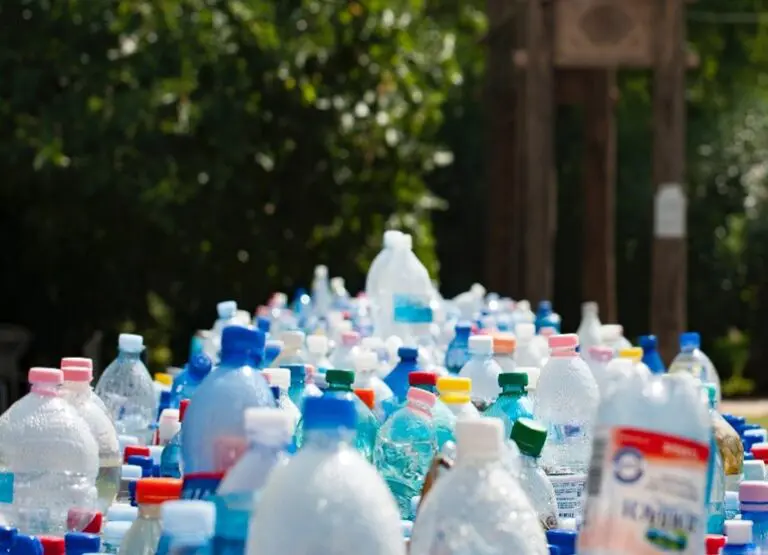Zero Waste Europe has published a study into the chemical recycling of plastics which closes with policy recommendations to ensure the technology complements, rather than jeopardises, a real Circular Economy.

The organisation said that the study comes at a time when Chemical Recycling (CR) is being promoted by industry as a potential solution to waste management and specifically plastic pollution, and looks into the information available as well as the state of implementation of such technologies in the European context.
Whilst making it clear that the real solution to plastic pollution lies in prevention and reuse measures, and an overall reduction in plastic use, the report notes that plastic cannot be endlessly mechanically recycled without reducing its properties and quality, and that not all plastic types can be mechanically recycled. These limits set challenges for plastics recycling and show the need for significant improvements in the end-of-life management of plastics.
According to the report, Chemical Recycling could be a complementary solution to mechanical recycling where the latter is unsuited to materially recover plastic because it is too degraded, contaminated or too complex. On the flipside, it could also become the new plastics ‘El Dorado’if plastic to fuels is allowed.
The authors state that it should also be taken into account that Chemical Recycling is not yet a mature technology, and is not viable in the short term and this is a key factor to consider when designing the EU Circular Economy.
The report emphasises the importance of setting up the right policy framework in order to accommodate CR as complementary to mechanical recycling and to ensure that carbon stays in the plastic and is not released into the environment.
For this to happen ZWE recommends the following amendments to current waste legislation:
- Come up with a clear definition of CR that excludes any operation that does not result in the production of new plastic
- Only processes with a lower carbon footprint than the production of plastic from virgin feedstock can be classified as CR
- CR should be used to deal with degraded and contaminated plastics and never with plastics coming from separate collection
- Establish verification systems to ensure CR process outputs plastic and plastic feedstocks; facilities licensed for chemical recycling should not produce fuel as primary output
- In order to avoid competition with mechanical recycling, but also to differentiate from recovery and disposal operations, a new level in the waste hierarchy should be added for those operations that recover materials from mixed waste that today would end up burned or landfilled.
- For coherence with EU Climate and Circular Economy agendas, EU funding should only be allowed to finance plastic to plastic chemical operations.
“The Chemical Recycling hype should not divert attention from the real solution to plastic pollution which is replacing single-use plastics, detoxifying and simplifying new plastics, and designing business models to make efficient use of plastics,” said Joan Marc Simon, Executive Director, Zero Waste Europe.
The report found that CR can have a role to play in closing the material loop and moving away from disposal and recovery operations, up the waste hierarchy. However, the best option to Kerb plastic pollution from an environmental and economic perspective is to invest in reduction and reuse solutions and ensure that no plastic escapes the material loop via plastic to fuels.
ZWE argued that allowing plastic to fuels to be considered CR risks creating a loophole in EU Climate and Circular Economy legislation.
To further investigate how Chemical Recycling could fit into a real Circular Economy, ZWE is going to organise a webinar to present the findings of this study, give voice to an industry representative and analyse the policy framework possibilities.
The Chemical Recycling Study can be downloaded HERE







